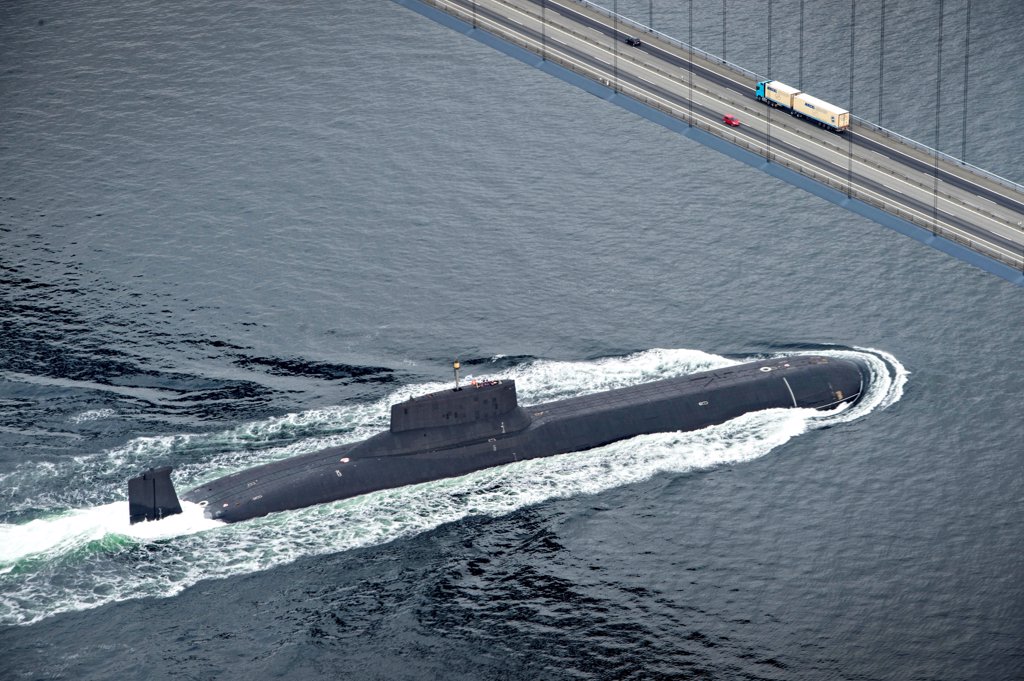As part of a significant defense project for Brazil, the country is developing a nuclear submarine, as the cornerstone of Brazil’s marine defense
This venture involves military secrets regarding the vessel’s future reactor, which the country wishes to keep confidential.
However, this requirement has stirred a clash with the United Nations’ International Atomic Energy Agency (IAEA).
Given the strategic importance of the project, the Navy remains resolute in maintaining the confidentiality of the submarine’s technical data.

As a compromise, it has proposed implementing special procedures during IAEA inspections to ensure the protection of these secrets.
As an international nuclear regulator, the IAEA aims to apply the same inspection standards to Brazil’s submarine as it does for civilian atomic facilities.
This has been met with resistance from Brazil, and consequently, negotiations are underway.
The country must reach an agreement with the IAEA to avoid potential sanctions and to align with international treaties preventing the proliferation of atomic weapons.
In response to the IAEA’s concerns over nuclear proliferation, the Brazilian Navy stated that the international agency currently inspects any location where uranium enrichment occurs.
Brazil, since 1988, has managed a tightly controlled, small-scale uranium enrichment program under the Navy’s watchful eye.
However, the creation of the nuclear-powered submarine necessitates an expansion of this program.
In a show of regional cooperation and transparency, Brazil plans to involve Argentina in the IAEA negotiations.
They plan to leverage the Brazilian-Argentine Agency for Accounting and Control of Nuclear Materials, established in 1991, as a platform for these discussions.
This agency plays a crucial role in ensuring that atomic material from both nations isn’t misused for the creation of weapons of mass destruction.
Amidst these negotiations, Admiral Petronio Augusto Siqueira de Aguiar assured that Brazil would abide by the agreed-upon special procedures.
The Admiral has made two trips to the IAEA headquarters in Vienna, Austria, aiming to negotiate with the agency’s Director-General.
The goal is to ensure the confidentiality of technical data on the submarine’s nuclear material.
Adding another layer of complexity, the IAEA has never inspected a nuclear submarine reactor, as these are typically owned only by atomic powers.
Brazil, seeking to keep its operational data private, accepts inspections under conditions that safeguard its interests.
Finally, as part of Brazil’s ambitious Submarine Development Program (Prosub), the nuclear submarine is expected to make significant progress in the coming years.
The vessel’s reactor, assembled in the LABGENE laboratory at the Aramar Nuclear Industrial Center in Iperó, is expected to be ready by 2027.
Following this, the submarine itself, set to be built in Itaguaí, Rio, is anticipated to be completed by 2033.

